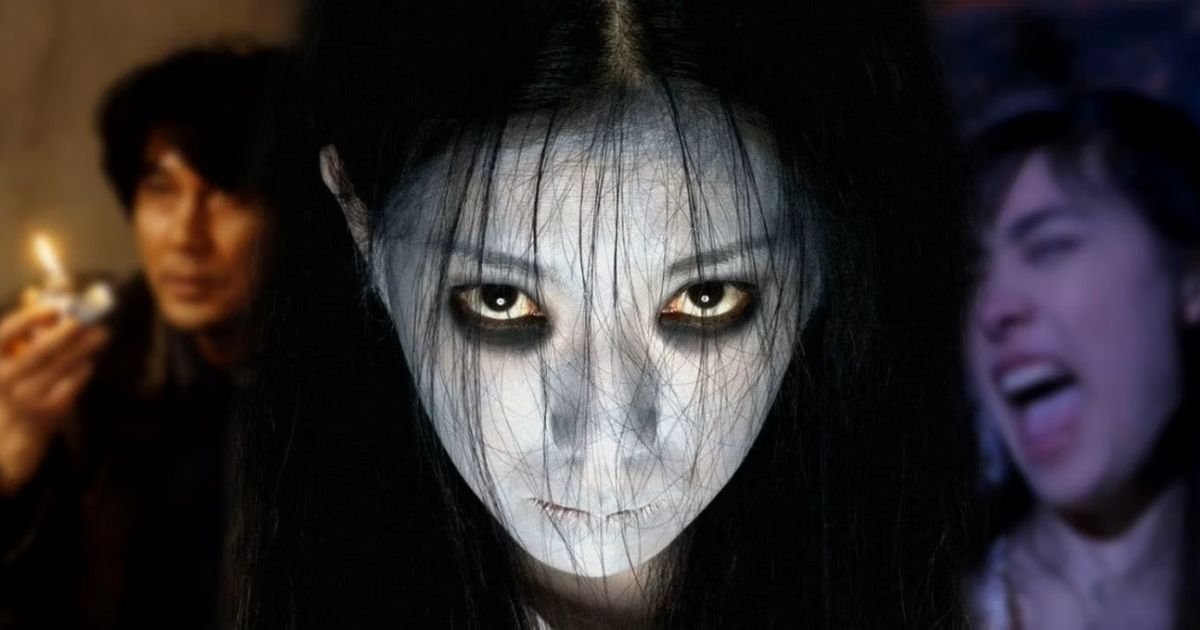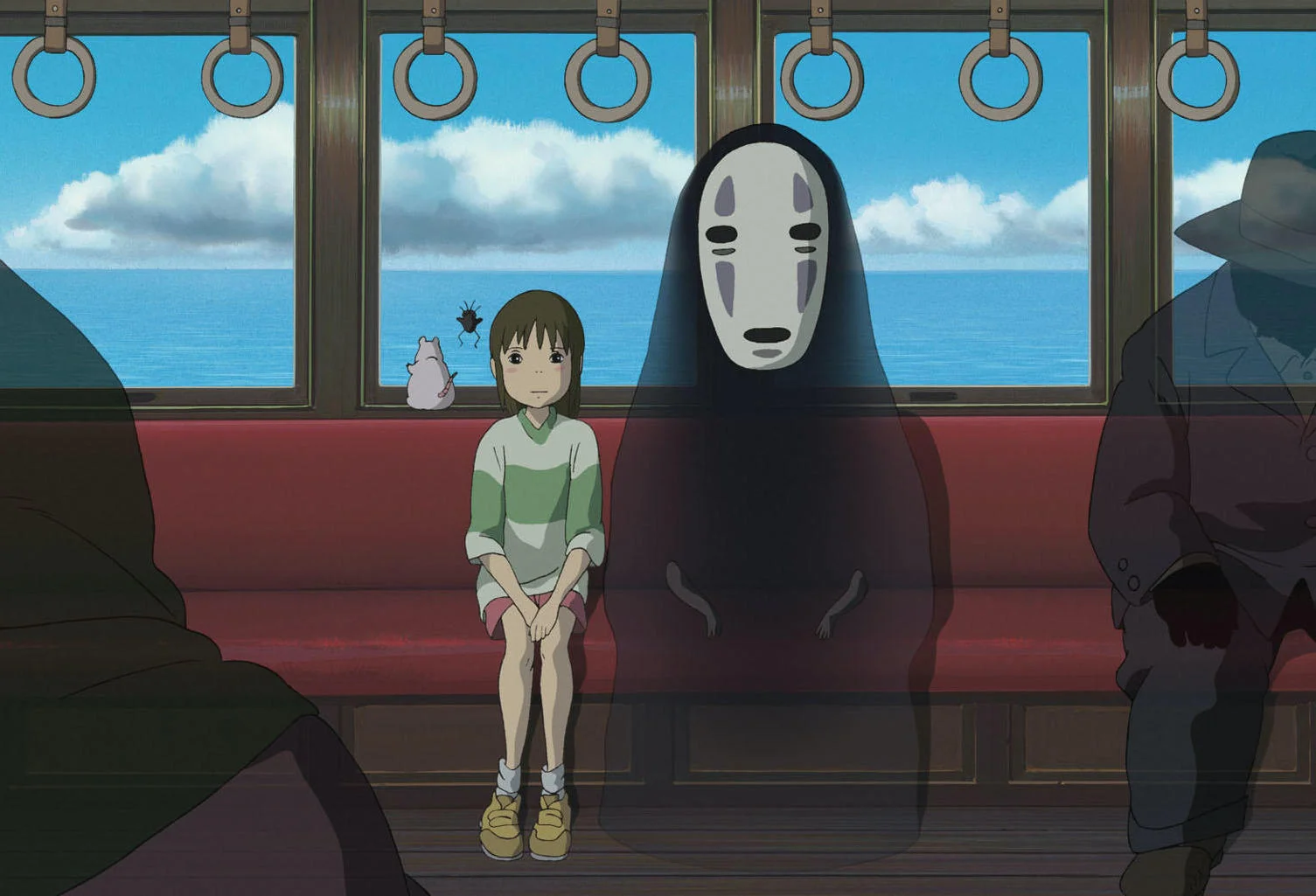Japanese filmmaking has captivated audiences worldwide with its distinctive style, innovative storytelling, and cultural richness. The global appeal of Japanese cinema is rooted in its ability to blend traditional elements with modern themes, creating a cinematic experience that resonates across cultures. This article explores the factors contributing to the international popularity of Japanese films and highlights key examples of their global impact.
Unique Storytelling and Visual Style
One of the main draws of Japanese filmmaking is its unique storytelling and visual style. Japanese directors often experiment with narrative structures, character development, and visual aesthetics. Hayao Miyazaki’s animated films, such as Spirited Away (2001), showcase imaginative worlds and richly developed characters. The film’s enchanting animation and universal themes of growth and self-discovery contribute to its global success.
Similarly, Akira Kurosawa’s films, including Seven Samurai (1954), are renowned for their innovative approach to storytelling and cinematic techniques. Kurosawa’s use of dynamic camera work, complex characters, and epic narratives has influenced filmmakers around the world. His ability to convey universal themes through a distinctly Japanese lens enhances the global appeal of his work.
Cultural Richness and Universal Themes
Japanese films often explore deep cultural themes while addressing universal issues, making them accessible to international audiences. Films like Tokyo Story (1953) by Yasujiro Ozu offer a poignant look at family dynamics and societal changes. The film’s exploration of generational conflict and traditional values resonates with viewers across cultures, highlighting the universal aspects of Japanese storytelling.
Additionally, Ringu (1998), directed by Hideo Nakata, introduced global audiences to Japanese horror. The film’s unique take on supernatural fear and its chilling atmosphere have influenced the horror genre worldwide. By addressing universal fears through a distinctly Japanese narrative, Ringu demonstrates how Japanese films can effectively bridge cultural gaps.
Impact of Anime and Animation
Japanese animation, or anime, has played a significant role in the global appeal of Japanese filmmaking. Studio Ghibli’s films, such as My Neighbor Totoro (1988) and Princess Mononoke (1997), have gained international acclaim for their captivating stories and beautiful animation. The studio’s ability to blend traditional Japanese themes with universal messages of environmentalism and personal growth appeals to a broad audience.
Anime series like Naruto and One Piece also contribute to the global popularity of Japanese media. These series have garnered large fan bases outside Japan, influencing global pop culture and sparking interest in Japanese storytelling techniques. The worldwide success of anime highlights the genre’s ability to connect with diverse audiences through its engaging narratives and vibrant art style.

Cultural Exchange and International Film Festivals
Japanese films are frequently featured at international film festivals, where they garner attention from global audiences and critics. Festivals such as Cannes, Venice, and Sundance showcase Japanese cinema’s innovation and diversity. Films like Shoplifters (2018), directed by Hirokazu Kore-eda, have received international recognition for their compelling storytelling and social commentary.
These festivals provide a platform for Japanese filmmakers to reach a global audience and foster cultural exchange. The international acclaim of Japanese films at these events underscores their universal appeal and the growing interest in Japanese cinema worldwide.
Influence on Global Filmmaking
Japanese filmmaking has influenced directors and studios across the globe. The thematic depth and visual style of Japanese films have inspired filmmakers in Hollywood and beyond. Quentin Tarantino’s work, for example, often pays homage to Japanese cinema, particularly in his use of action and storytelling techniques. The influence of Japanese cinema is evident in various international films, reflecting its impact on global filmmaking trends.
Conclusion
The global appeal of Japanese filmmaking lies in its unique storytelling, cultural richness, and universal themes. From groundbreaking anime to classic cinema, Japanese films offer a distinctive perspective that resonates with audiences worldwide. By blending traditional elements with modern issues, Japanese filmmakers create a cinematic experience that transcends cultural boundaries, enriching the global film landscape.








